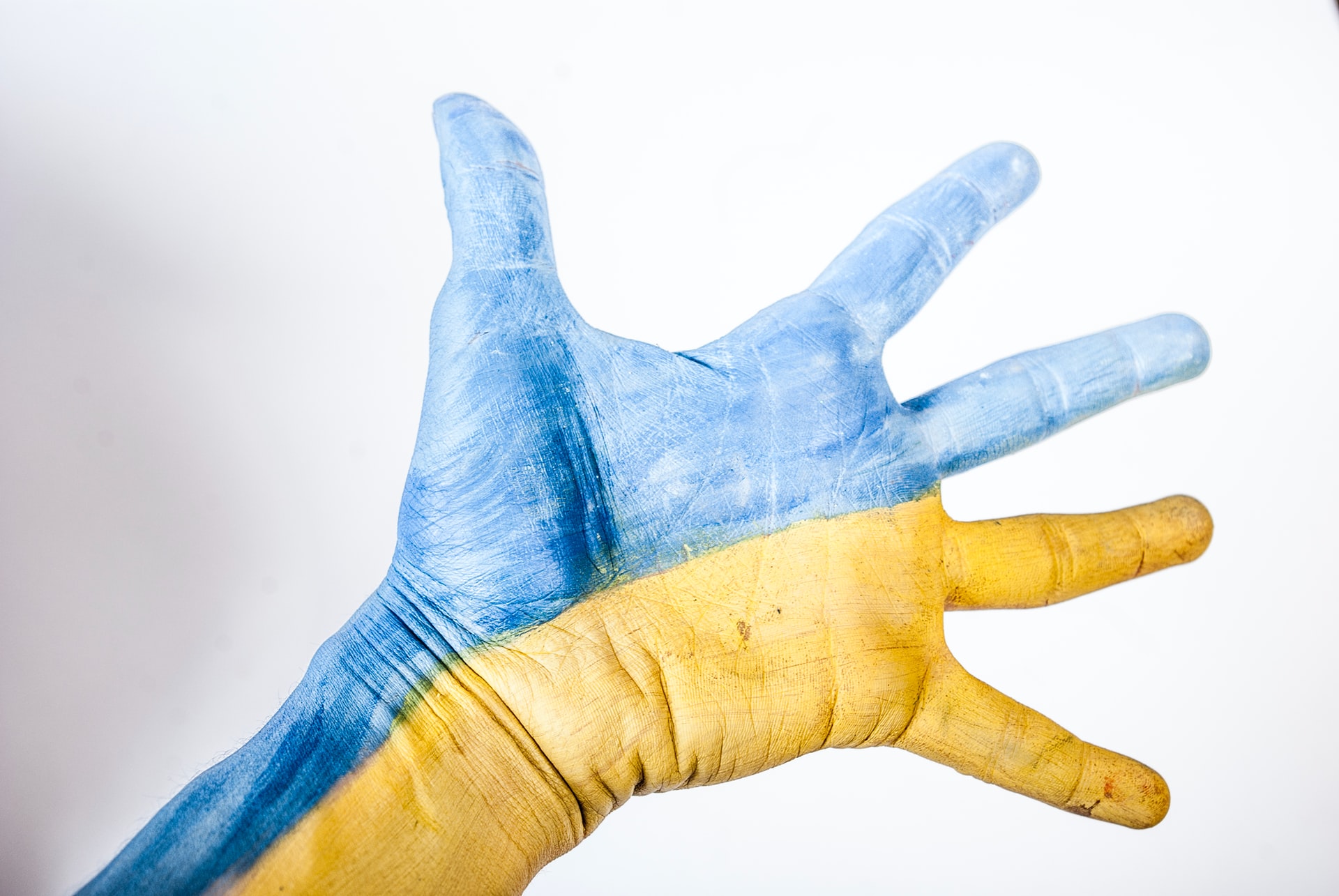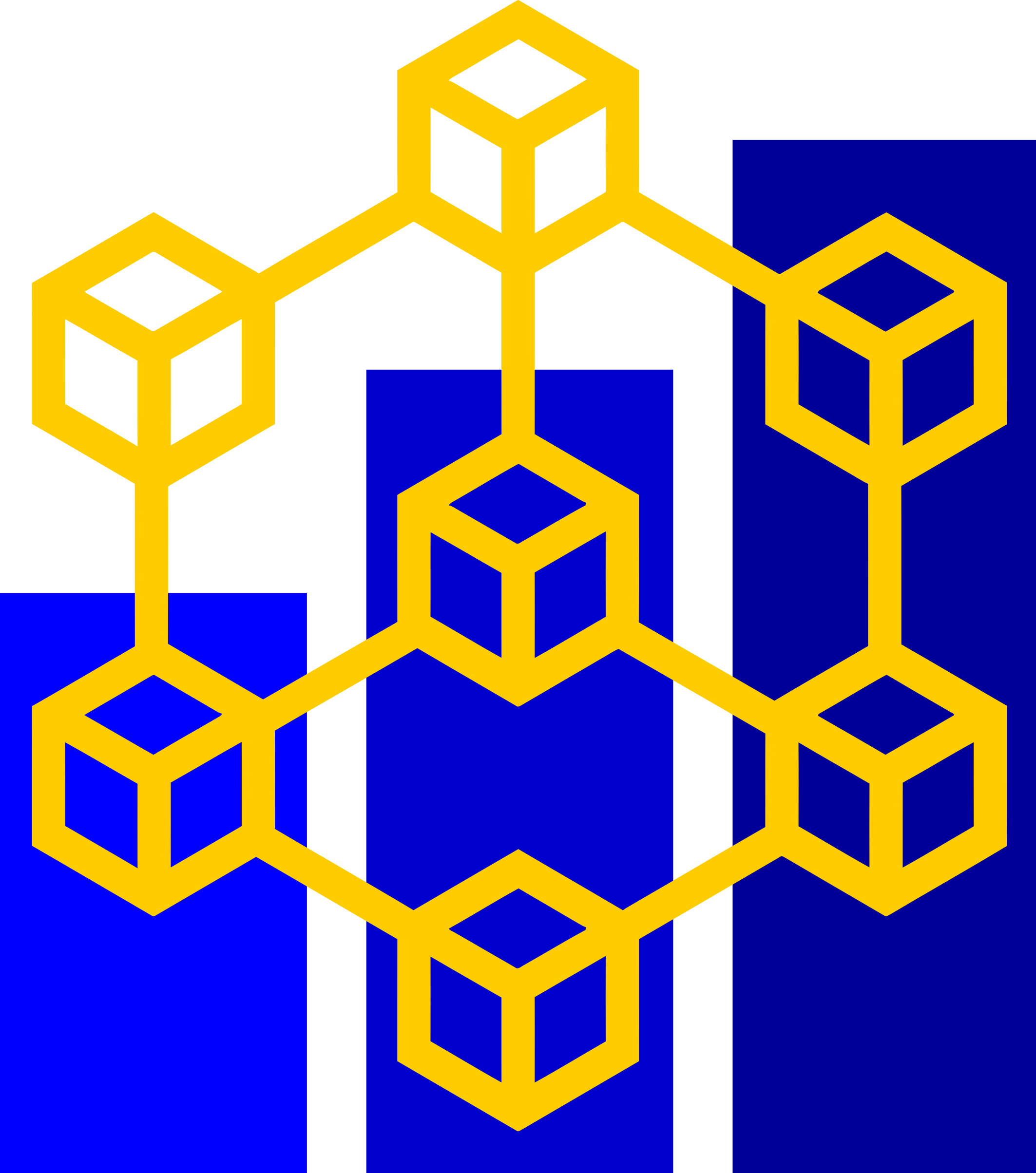The European Chamber of Digital Commerce condemns Russia’s attack on Ukraine and warns for disinformation

Our prayers are with the people of Ukraine these days as they suffer a scandalous attack by Russian military forces. President Putin is responsible for the death and destruction this attack will bring.
The European Chamber of Digital Commerce (ECDC) expects that the consequences for both the Ukrainian and the Russian people of the recent military attack on Ukraine will be extreme. In addition, the war will plunge the world into recession much deeper than the contraction that followed the global financial crisis. The economic crisis will hit Russia so hard, that ECDC expects mass demonstrations in the streets of Russia’s major cities, which may result in a full scale revolution. The Russian people will not accept that their family and friends in Ukraine are attacked by the Russian army and that their country’s economy will turn into total chaos.
The ECDC is worried about the disinformation during this conflict. Disinformation is information that is deliberately misleading. The most concise example is the Russian propaganda, and false reports intended to mislead the Russian, the Ukrainian and the Western public. Russia’s disinformation is intended to distort real events for political purposes.
Russian disinformation campaigns
Since 2014, during the pro-democracy protests in Ukraine, Russia has applied a continuous strategy of disinformation regarding Ukraine. Russian disinformation tactics in Ukraine used both falsified stories and those that were true but tangential to current events in order to distort narratives or hide true intentions. Here are some examples.
- Recently, there has been an increase in social media posts accusing Ukraine of plotting a genocide against ethnic Russians. In one example, an affiliate of Moscow-controlled broadcaster RT circulated a clip of President Putin saying that events in eastern Ukraine “resemble genocide.” News Front, a known disinformation outlet affiliated with the Russian security services, followed with an article on 13 December 2021 saying that the United States did not consider the massacres to be a genocide.
- In the months since the Russian troop build-up began, Moscow’s online army has falsely accused the United States of using proxy forces to plot a chemical attack and claimed that Russia’s planned military operations were intended to protect ethnic Russians or pre-empt action by NATO.
- Posts and articles accusing some Ukrainians of being neo-Nazis have dramatically increased since early November 2021. A recent article on News Front reads “Denazification Operation of Ukraine: operational summary (updates)”.
- A Moscow-backed disinformation campaign has accused the United States of planning a chemical attack on 21 December 2021.
- Claiming NATO interference in Ukraine has long been a standard line of attack by Moscow.
Much of the propaganda is aimed at a domestic audience in Russia and at pro-Moscow Ukrainians. While it is often difficult to track where a particular piece of disinformation originates, experts can see when many Russian accounts begin pushing the same narrative.
Measures to be taken
ECDC asks the Big Tech firms to take measures to fight the forementioned disinformation:
- Social media giants should identify false news through third-party fact-checking organizations so that social media can limit its spread.
- Big Tech should apply machine learning to assist response teams in detecting fraud and enforcing policies against inauthentic spam accounts.
- Fake accounts on social media should be detected, which makes spamming at scale much harder.
- “Deepfakes”, or “synthetic media” generated by AI could bypass layers of protection. AI techniques should be applied to reduce the promotion of hoax videos and fake news.
Conclusions
The sovereignty of Ukraine in 1991 after the Soviet collapse has been a serious blow to Putin’s dreams of imperial revival and his obsession with reversing Soviet times. It represents a defeat for the Russian World doctrine (Russian: Русский мир, romanized: Russkiy mir). In 2000, political philosopher Pyotr Shchedrovitsky presented the main ideas of the Russian World doctrine in his article “Russian World and Transnational Russian Characteristics” (“Русский мир и Транснациональное русское“). The idea of the Russian World was adopted by the Russian administration, and Vladimir Putin decreed the establishment of the government-sponsored Russkiy Mir Foundation in 2007.
In the context of Russian World, President Putin dismisses Ukraine’s centuries of struggle for statehood as a betrayal of Russian-Ukrainian history. Ukrainian leaders ranging from eighteenth century Cossack Hetman Ivan Mazepa to modern-day president Volodymyr Zelenskyy are portrayed as traitors and separatists collaborating with Western enemies of Russia in order to divide and weaken the Russian World.
In reality, the Russian World ideology promoted by the Putin regime has been out of touch with Ukrainian public opinion and with the rest of the world for many years. This gap has widened significantly as attitudes have hardened in response to the Russian attack on Ukraine.
Putin appears to have fallen victim to his own propaganda to such an extent that he genuinely believes he can orchestrate pro-Russian uprisings across Ukraine. Instead, the Kremlin’s assault on Ukrainian sovereignty sparked a wave of popular opposition that will have disastrous consequences for Russian interests around the world.
